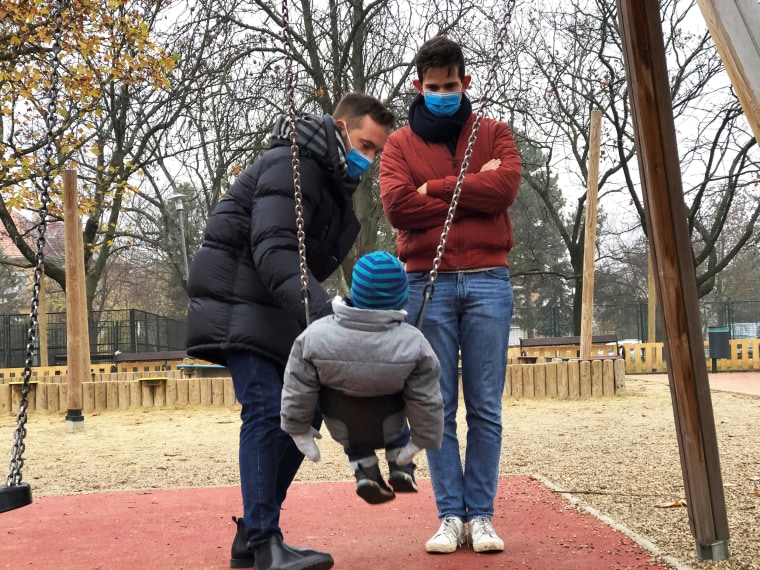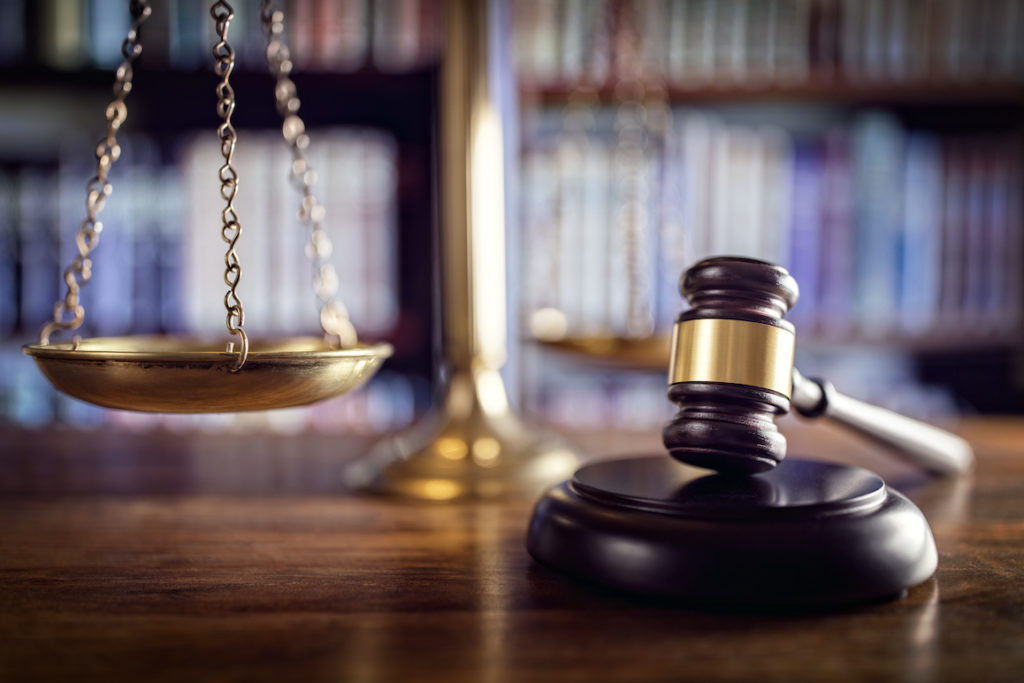LGBTQ rights groups have weighed in on the political crisis in Cuba sparked by the hunger strike of the San Isidro Movement, a group of dissident activists, and the protest in front of the Culture Ministry on Nov. 27 where hundreds of people demanded the government respect the rights of artists and citizens.
La Plataforma 11M, an independent LGBTI+ collective, in a short statement it published this Saturday backed “the initiative of the group of young intellectuals and artists” to go protest at the Culture Ministry, “under the conviction that dialogue is the way forward to guarantee freedom of speech and artistic creation in Cuba.”
Vice Culture Minister Fernando Rojas received the protesters and met with them until the early hours of Saturday.
The demands the protesters presented to Rojas include the right to freedom of speech and artistic creation, among other points. They asked for an end to harassment and censorship against the independent artistic and intellectual community and that the government respect due process against Denis Solís, a rapper who was sentenced to 8 months in prison for “disrespect.”
His incarceration prompted several San Isidro Movement members to go on a hunger and thirst strike. They demanded the rapper’s release during the several days they spent holed up in the group’s headquarters until the police removed them this past Thursday. The majority of them, including Luis Manuel Otero Alcántara, one of its principal leaders, have ended their strike since then.
The “disrespect” for which Solis was prosecuted was recorded live on Facebook and it included various anti-gay insults. He later apologized to the LGBTI+ community for these outbursts in the last video available on his profile.
“We strongly reject any homophobic and misogynist speech,” said La Plataforma 11M’s statement that also noted its members remain opposed to violence.
11M in its statement also said that “freedom of speech, within the system of socialist law, is a basic element for the defense of socialism’s achievements and collective social progress.”
“Q de Cuir”, a digital publication that focuses on LGBTI+ activism, also spoke about the case in an editorial published this Nov. 24. The magazine urges the government to “respond to the San Isidro Movement situation from a position other than intransigence and violence.”
“Q de Cuir”‘s editorial declares it does not share “the political perspective expressed by Denis Solís” and rejected his “homophobic and misogynist speech.”
“They are elements that we cannot ignore and they are not insignificant to us, because LGBTIQ+ people and even women remain inferior and excluded in the idea of a country that Denis raises in his video,” said “Q de Cuir.”
The text, however, defends the right to receive “due process under the law.”
“The dissidence of thought cannot be perceived as a threat to the construction of our social experiment; but rather as a necessary scenario to generate better realities through dialogue, participation, respect of human rights and the protection of marginalized groups in society,” it concluded.
Lidia Romero Moreno, a lesbian activist who is a member of La Plataforma 11M, has a position that is similar to that of “Q de Cuir.”
“I don’t sympathize with the San Isidro Movement, but I do respect what they are doing. Everyone has the right to freely express themselves. The Cuban Constitution guarantees us this right,” Romero told Tremenda Nota.
The activist was among the protesters who protested at the Culture Ministry.
“I am here because I think that everyone has the right to have our representatives and leaders listen to them, regardless of their ideological and political position,” she said.
Yasmín Portales, an LGBTI+ activist who is also a member of La Plataforma 11M and the former coordinator of Proyecto Arcoíris, a one-time group of activists who defined themselves as “anti-capitalist,” told Tremenda Nota that she does not support the San Isidro Movement, although she feels that “the Cuban government has mishandled the situation through its legal framework and even appearances” with regard to its treatment of this group of dissident activists.
“I cannot empathize with people who have not put forth any political proposal aside from confronting Cuban authorities and whose expression reveals gentlemanly homophobia and machismo,” said Portales.
A group of young university students on Sunday organized a rally in support of the government in the face of the ongoing political crisis and in response to the Culture Ministry protest. The gathering took place in Trillo Park in Centro Habana. President Miguel Díaz-Canel arrived during the middle of it.
The event was called a “tángana,” a word frequently used in Cuba decades ago to refer to street protests, especially those that took place against the Machado dictatorship during the Revolution of 1933.
At least one LGBTI+ group, the TransCuba Network, which is affiliated with the National Center for Sexual Education, participated in the “tángana.” Speakers at various points alluded to the rights of the gay, lesbian and transgender community, a tricky issue for the Cuban revolution and a particularly controversial one because of the forced labor camps that operated in Cuba in the mid-1960s.
“There were many (trans) girls there who were supporting the activities that have taken place in recent days because of the amount of provocation,” TransCuba Coordinator Malú Cano told Tremenda Nota.
Raúl Escalona, president of the University Students Federation in the University of Havana’s School of Communications, was one of the organizers of the Trillo Park event. Escalona was also one of the speakers who referred to the LGBTI+ community from the “tángana” podium.
“If we must all be clear about something, from the country’s highest leadership to every last citizen, it is that if the revolutionary radical left does not lead the LGBTI+ movement’s struggle, reaction will hegemonize it.”
Yasmín Portales noted to Tremenda Nota that this idea “is profoundly reductionist and a bit homophobic because it assumes an identity trait defines a person’s ideological position.”
“No human group can be capitalized by this political line or another, because people have the ability to discern and choose the political proposal that suits us best,” said the activist.





